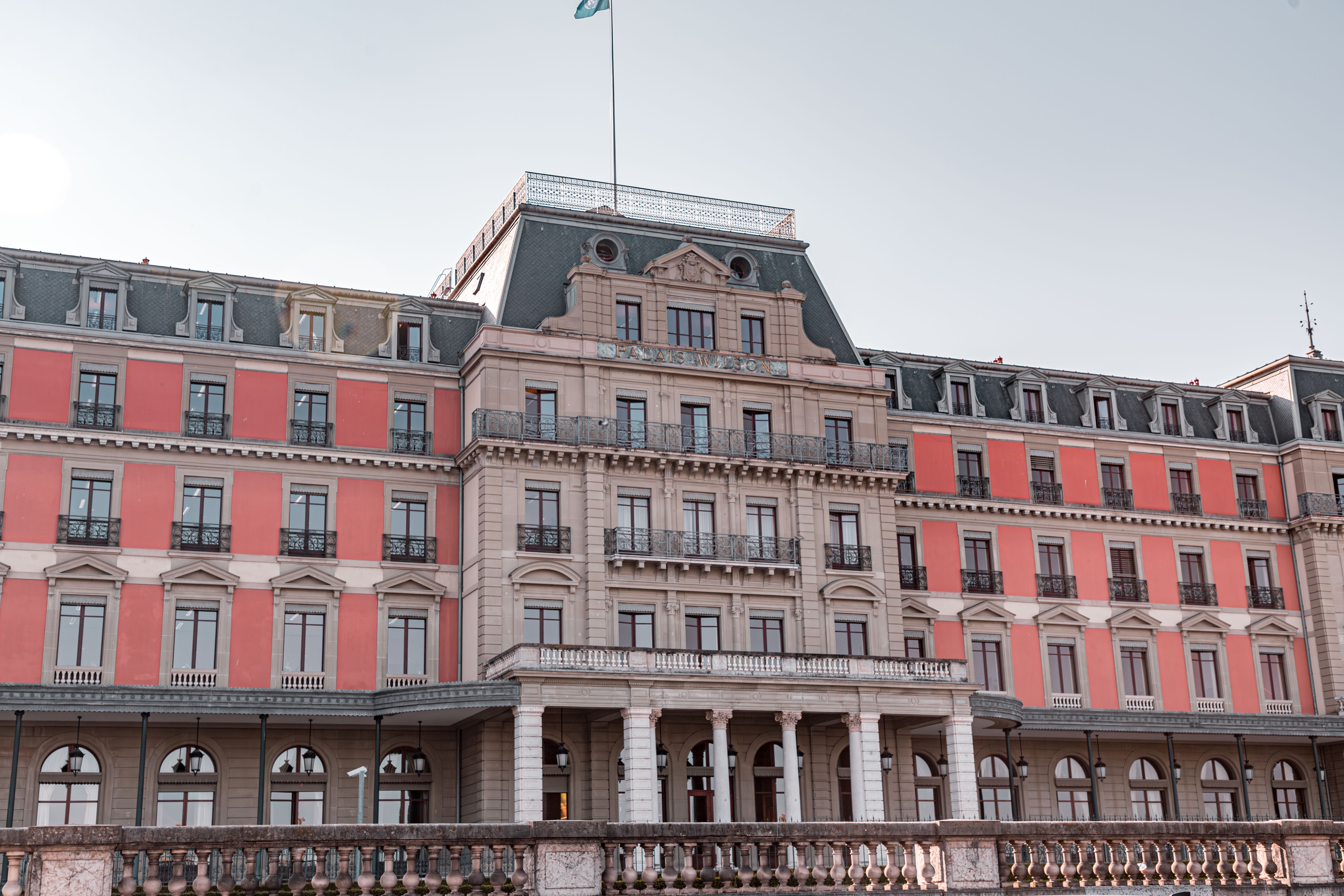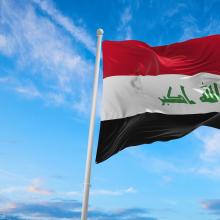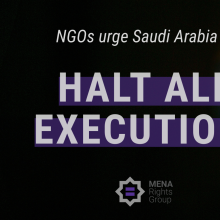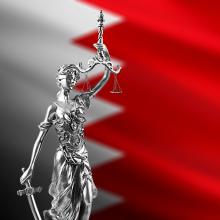December 19, 2024

Geneva, Switzerland - 25 March 2022: The Palais Wilson is the current headquarters of the Office of the United Nations High Commissioner for Human Rights. © licensed under Shutterstock.
Saudi Arabia's human rights record was recently reviewed by the UN Committee on the Elimination of Racial Discrimination (hereafter referred as “the Committee”) on November 27 and 28, 2024.
Ahead of the review, the Committee received submissions from local, regional and international civil society organisations, including a joint submission by MENA Rights Group and ALQST for Human Rights, to provide information on how to assess Saudi Arabia’s compliance with the International Convention on the Elimination of All Forms of Racial Discrimination (CERD). During the pre-sessional phase, civil society representatives were also invited to present oral information in both public and closed meetings. This year, thanks to the support from the Canton of Geneva, Saudi activists traveled to Geneva to attend and participate in the review.
Following an interactive dialogue with the Saudi delegation, the Committee adopted its Concluding Observations on December 10, 2024, identifying more than twenty principal areas of concern with regards to Saudi Arabia’s implementation of its obligations under the CERD, which it ratified in 1997.
The Saudi delegation present in Geneva was headed by Hala Mazyad al-Tuwaijri, President of the Saudi Human Rights Commission (SHRC). While the SHRC presents itself as an independent national human rights institution, it was also sent as the head of a governmental delegation to defend the state position, undermining the the principle of independence outlined in the Paris Principles. These principals stipulate that “NHRIs should not participate as part of a government delegation during the Universal Periodic Review, during periodic reviews before the Treaty Bodies, or in other international mechanisms where independent participation rights for NHRIs exist.” In its Concluding Observations, the Committee “urge[d] that the State party establish, within a clear timeframe, an independent national institution for the promotion and protection of human rights.”
Despite the Saudi delegation’s claims that the Kingdom’s laws “prohibited any discrimination on the grounds of ethnicity or origin that undermined fundamental freedoms”, the reality on the ground paints a different picture. The absence of a comprehensive anti-discrimination law remains a significant gap, with no specific legislation criminalizing racial discrimination. While the Basic Law of Governance guarantees equality under Articles 8 and 47, these provisions are not adequately enforced in practice. Moreover, laws such as the 2017 Counterterrorism Law perpetuate discriminations by criminalizing acts that contradict the state’s interpretation of Islam and targeting religious minorities, including Shi’a Muslims and other non-Sunni faiths. The lack of a Penal Code also leaves considerable room for the discretionary exercise of power by judges, often resulting in a discriminatory application of justice.
In its Concluding Observations, the Committee urged Saudi Arabia to “develop and adopt comprehensive anti-discrimination legislation that contains a clear definition of racial discrimination and encompasses structural, direct, indirect, and intersecting forms of discrimination”.
The Saudi authorities also affirmed that all forms of discrimination based on denomination, including against Shi’ite Saudis, were banned and that Shi’ite Saudis could exercise all their rights and freedoms.
Unveiling a significantly different truth, the Committee expressed significant concerns regarding the discrimination faced by the Shia ethno-religious minority group. Reports indicate that human rights defenders, activists, and journalists advocating for the rights of vulnerable groups, such as the Shi’a minority, are frequently subjected to intimidation, harassment, arbitrary detention, and other reprisals due to their work. The Committee also highlighted the obstacles Shi’a individuals face in obtaining permits to build religious places of worship, as well as the lack of detailed information and statistics about their social and economic conditions. Further concerns were raised regarding the pervasive structural discrimination and marginalization of Shi’a individuals, particularly their underrepresentation in key areas such as law enforcement, public administration, and the judiciary.
Finally, submitting organisations have brought to the attention of the Committee the discrimination faced by local tribal populations. In the context of the NEOM project, members of the Huweitat tribe have faced forced displacement, arbitrary detention, and harsh prosecutions for their opposition to the evictions, with many subjected to excessive violence, including the extrajudicial killing of Abdul Rahim al-Huwaiti.
In its Concluding Observations, the Committee highlighted the “particular importance” of its recommendations on the situation of the Howeitat Bedouin tribe. Regarding the NEOM project, it noted the “inadequate consultation process” to obtain the “free, prior and informed consent” of the tribe. Additionally, the Committee highlighted the evictions of Howeitat members “without the provision of adequate alternative housing or compensation.” It recommended that the State party ensure that families and individuals affected “are provided with adequate alternative housing, compensation and effective remedies.”
In stark contrast with the Saudi delegation's claim that the Kingdom is committed to respecting international commitments related to the death penalty and only applies it for capital crimes after appropriate evidence was gathered, the Committee highlighted the disproportionate application of the death penalty. Members of the Shia ethno-religious minority group, migrant workers, and domestic workers, including women, are overrepresented in the criminal justice system and subjected to arbitrary detention, torture, and unfair trials. The Committee also noted a significant increase in executions since 2023, without detailed data on demographic or offense-related factors.
In light of these issues, the Committee recommended that Saudi Arabia establish a moratorium on the death penalty with a view to its eventual abolition, in line with its international commitments.
We strongly encourage the Saudi authorities to take a proactive and constructive approach by submitting, no later than December 10, 2025, a report detailing the actions taken or planned to implement the recommendations made in the Committee's concluding observations.






